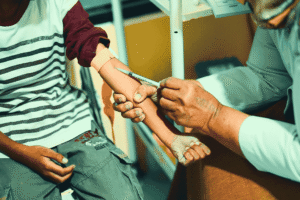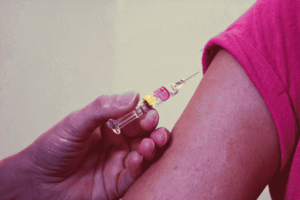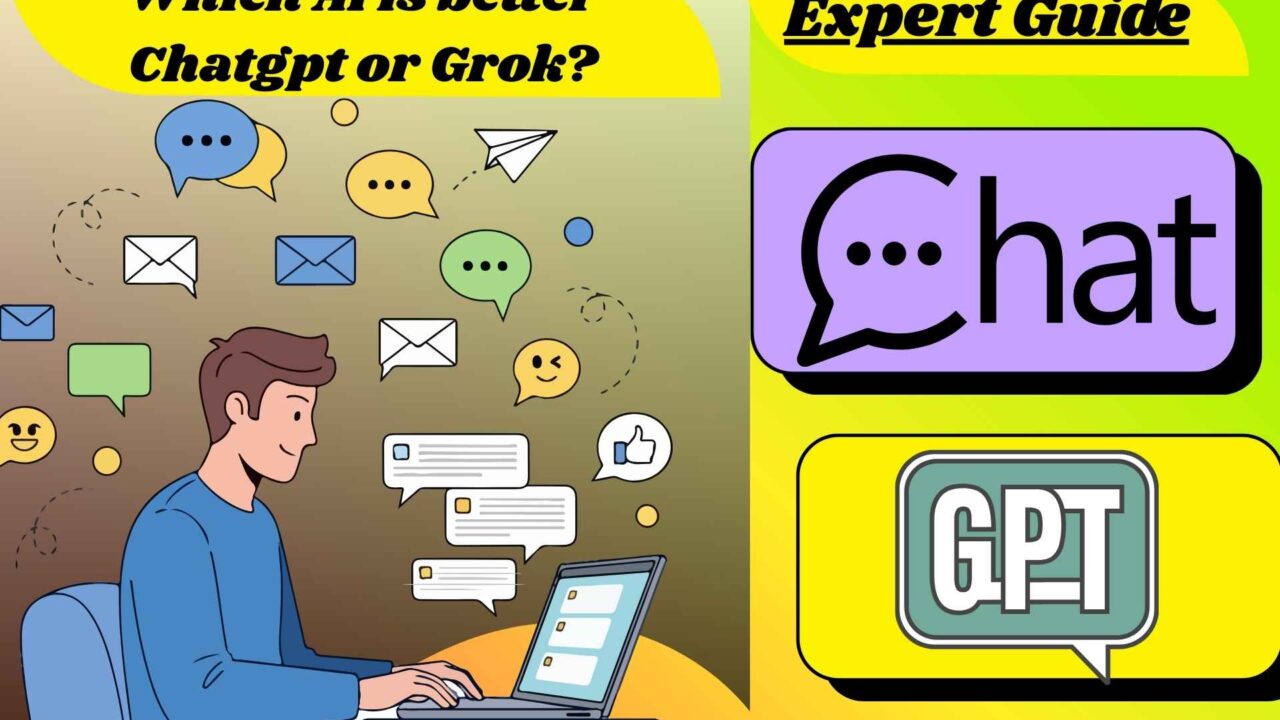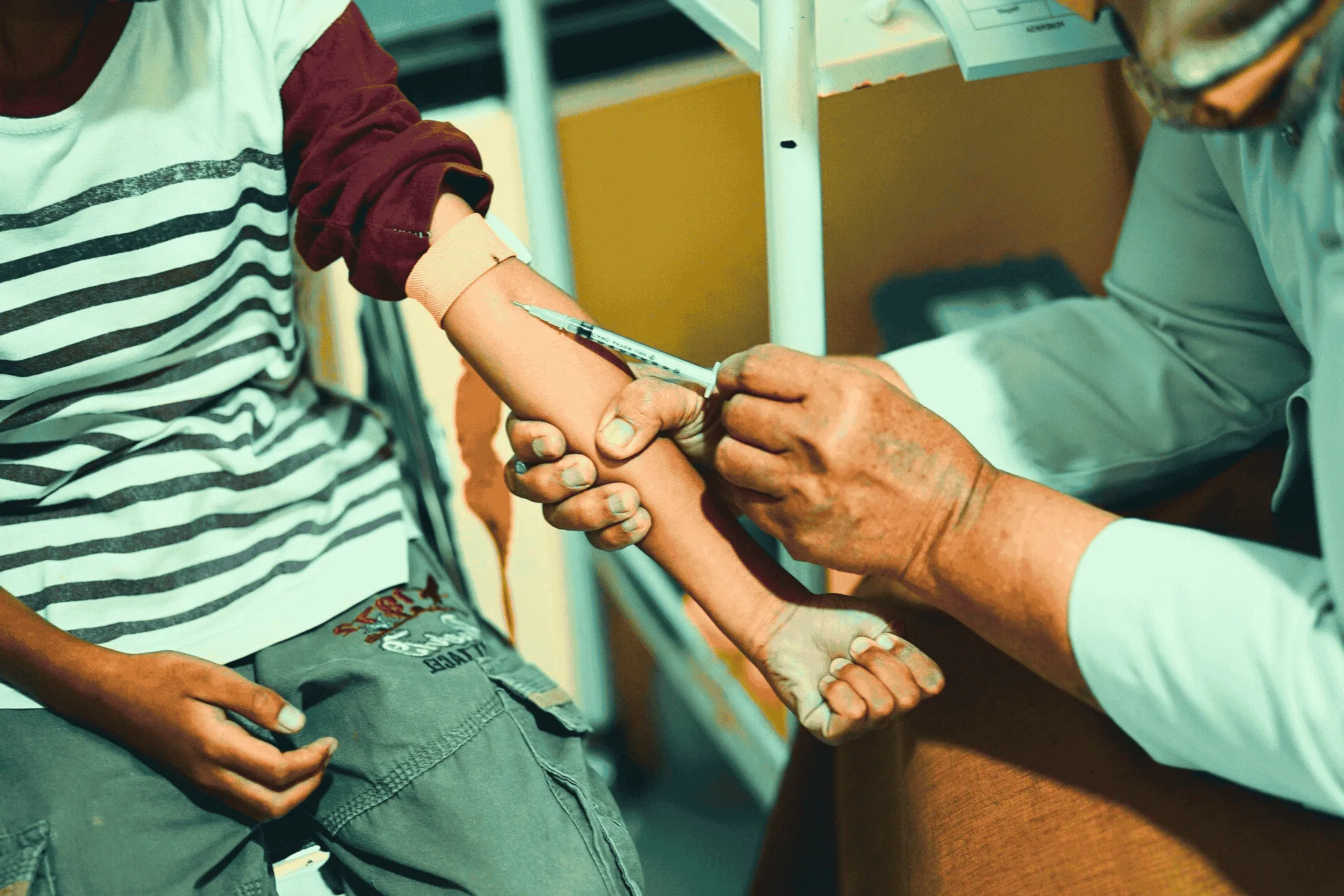As part of its current immunization program, Pakistan is administering the HPV vaccine to girls between the ages of 9 and 14. Health officials think this vaccine is a fantastic approach to fighting cervical cancer, which kills thousands of women every year. Many parents are hopeful, but just as many are afraid. Some people are so scared of acquiring incorrect information, and others are afraid of experiencing severe side effects. Families need to know what’s right and wrong so they can make good decisions.

The campaign began in mid-September 2025 and is taking place in portions of Pakistan that the group controls, including Punjab, Sindh, Islamabad, and Kashmir. The WHO, UNICEF, Gavi, and the Federal Directorate of Immunization are all collaborating on this initiative to vaccinate approximately 13 million girls. Thinking about “one shot” to save the future makes a lot of people feel free. The government has made it clear that this vaccination is safe, effective, and necessary to protect young people. In addition to this promise, there have also been incorrect claims that it causes infertility, suffering, or is not compatible with religious beliefs. Health professionals believe that these views aren’t founded on facts; they’re based on what individuals don’t know.
The information about the HPV vaccine’s safety indicates that it is generally safe for use. HPV Vaccine may cause little to no symptoms, such as a low-grade fever, and minor soreness at the injection site, or redness. However, harmful side effects are rare. Sources indicate that the vaccine doesn’t affect fertility or cause severe health problems when administered correctly. Parents should trust research and reputable groups instead of relying on rumors or misleading information that spreads online or by word of mouth. Healthcare officials are learning how to administer the vaccine, communicate effectively with community members, listen to their concerns, and provide them with accurate information. Your body’s natural defenses won’t protect you from HPV. It’s a chance to spread the virus to someone else, even if you don’t feel unwell. It can also persist in your body without you knowing it, which could affect things in a way that makes cancer more likely to happen in the future.
Getting vaccinated is a natural approach to keep yourself from getting sick. It complements a healthy lifestyle, attending school, and taking the appropriate tests. HPV and its accessibility are both issues and chances. Many schools and public health facilities offer the vaccination for free, but there are still locations that lack sufficient supplies. There are special mobile vaccination teams and outreach centers that visit specific areas. One effective method to spread the message is to engage teachers, parents, and community leaders. If a parent hears from a reputable source, such as a doctor or teacher, that the HPV vaccine is safe and essential, they will often change their stance on it. Bad notions that harm people, despite solid evidence against them, Sometimes, because people don’t comprehend culture or religion, some people think that the vaccine makes people more likely to have sex with more than one person or goes against their religious convictions. Some people believe that it means people can’t have kids.
Those in charge of health have made it clear that these statements are not accurate. A lot of Islamic experts from different nations have looked at the vaccine and decided that it is allowed because it saves lives. Medical studies have consistently proven that having the HPV vaccine does not make people unable to have children. Modeling studies show that if at least 90% of girls who can get the vaccine do so, the number of instances of cervical cancer in Pakistan might go down a lot in the following ten years. This vaccine, screening programs for older women, and superior health care facilities make us quite hopeful. Countries that started offering HPV immunizations years ago have witnessed a massive decline in the number of persons who get sick and infected. It’s a significant deal for Pakistan.

Here is a simple table summarizing the benefits vs concerns of the HPV vaccine in Pakistan:
| Feature | What Promises (Positive) | Myths / Concerns (Negative) |
|---|---|---|
| Prevention | Prevents cervical cancer, reduces infection with high-risk HPV types | Some believe it causes sexual behavior changes (not proven) |
| Safety | Given free, approved by WHO, mild side effects only | Concerns about infertility—not verified by research |
| Accessibility | Outreach teams, schools, health centers | Remote areas may be harder to reach |
| Cost | Free in government campaigns | Private sector vaccine cost can be high |
A lot will depend on how much people trust this ad. If parents realize what the HPV vaccine truly accomplishes, why it’s necessary, and why most of the awful things people claim about it are untrue, more girls will definitely receive it. The vaccination is more than simply a way to treat a sickness; it can also stop cancer before it starts and save lives. As more people get vaccinated in the next few weeks, communities will witness fewer infections and fewer incidences of cervical cancer in the future. Over time, more trust in health institutions. Pakistan made a wise choice by delivering the HPV vaccine, but it was also a hard one. By embracing the good, avoiding harmful lies, believing in science, and ensuring that everyone can access it, the country can give its daughters a better, safer future.
FAQs
What age group is the HPV vaccine campaign in Pakistan aimed at?
Girls aged 9 to 14 in Punjab, Sindh, Islamabad, and Kashmir, which are part of Pakistan, are eligible for the program.Is it bad that the HPV shot causes adverse effects?
No. Most adverse effects are modest, such as a sore throat, redness, or a low-grade fever. Not many people have significant reactions.
Does the HPV vaccine have an impact on fertility?
There is no scientific proof that the HPV vaccine makes people unable to have children. Health officials and religious leaders have reviewed the vaccine and confirmed it is safe.
Is the vaccine free for girls?
Yes. During this program, government-run schools, centers, and outreach venues are offering the HPV vaccine free of charge to girls who meet the eligibility criteria.

Bloggers Pakistan is your go-to platform for the latest insights on blogging in Pakistan. We provide authentic guides, tips, and resources to help readers grow their digital presence effectively.





